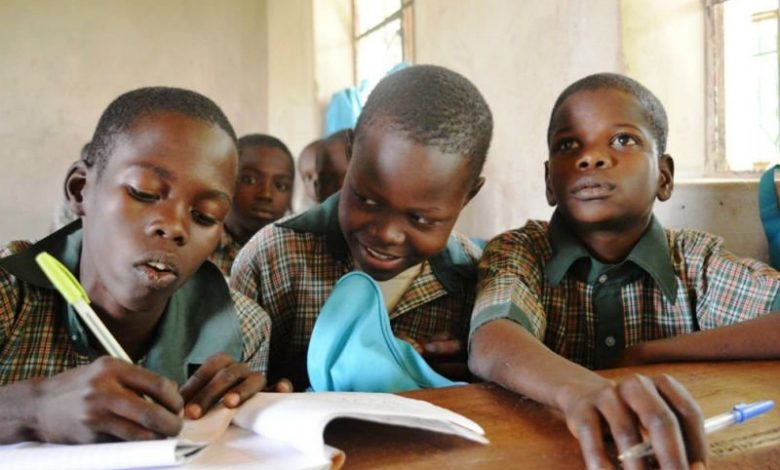Nigeria Does Not Capture ‘Even Basic Data’ On Education, Says UNESCO

The United Nations Educational, Scientific and Cultural Organisation (UNESCO) has said that information about the number of teachers, funding, and other key variables about Nigeria’s education sector is scarce, grouping the country among those who “do not capture even basic data”.
The international organisation noted this in the Global Education Monitoring Report, Inclusion and Education – All Means All, released on Tuesday, where it pointed out that the UNESCO Institute for Statistics (UIS) database did not have recent data from Nigeria in many areas.
Summarising its findings, UNESCO said for example, after reviewing the education ministries in 11 sub-Saharan African countries, it discovered that “Cameroon and Nigeria had no enrolment data on children with visual impairments.
“The scope and quality of the data, where available, often remain limited,” it explained.
“Ghana, Kenya and Zambia could provide data for children in special and integrated schools but not mainstream ones. Moreover, some ministries stressed the potential lack of data reliability.”
On teacher-related indicators, UNESCO said only about 58 per cent of sub-Saharan African countries reported data on primary education and 25 per cent on upper secondary education since 2016.
“Of the six most populous countries, only the United Republic of Tanzania has regularly reported the number of teachers in primary education. The Democratic Republic of the Congo and South Africa last reported in 2015, and there are no data in the UIS database for Ethiopia, Kenya (other than UIS estimates) and Nigeria,” it said.
Without this information, it would be impossible to report on certain global indicators, including the percentage of trained and qualified teachers, it explained.
“Trained or qualified is an important distinction. Qualified refers to academic qualifications, such as an undergraduate degree, required to teach. This is separate from teacher training. A teacher can be qualified, trained, both or neither,” the organisation said.
The UIS has also not reported education expenditure data for Nigeria and China since year 2000.
“In Nigeria, where data are scarce, education expenditure amounted to 1.7 per cent of GDP and 12.5 per cent of total public expenditure in 2013, well below the estimated regional averages,” it said.
“Inadequate data means we are missing a huge part of the picture. It is no wonder the inequalities suddenly exposed during COVID-19 took us by surprise,” said Manos Antoninis, Director of the Global Education Monitoring Report at UNESCO.
The organisation said nearly half of low- and middle-income countries did not collect adequate data about the education needs of children with disabilities.
COVID-19: 40% of poor countries not supporting students at risk
UNESCO reported that many developing and underdeveloped countries failed to support learners at risk during the COVID-19 crisis.
It said fewer than 10 per cent of countries generally had laws promoting full inclusion in education.
It stated that report “identifies an exacerbation of exclusion during the COVID-19 pandemic and estimates that about 40 per cent of low and lower-middle-income countries have not supported disadvantaged learners during temporary school shutdown”.
UNESCO urged countries to “focus on those left behind as schools reopen so as to foster more resilient and equal societies”.
UNESCO Director-General, Audrey Azoulay, said, “To rise to the challenges of our time, a move towards more inclusive education is imperative. Rethinking the future of education is all the more important following the COVID-19 pandemic, which further widened and put a spotlight on inequalities. Failure to act will hinder the progress of societies.”
Support Our Journalism
There are millions of ordinary people affected by conflict in Africa whose stories are missing in the mainstream media. HumAngle is determined to tell those challenging and under-reported stories, hoping that the people impacted by these conflicts will find the safety and security they deserve.
To ensure that we continue to provide public service coverage, we have a small favour to ask you. We want you to be part of our journalistic endeavour by contributing a token to us.
Your donation will further promote a robust, free, and independent media.
Donate HereStay Closer To The Stories That Matter




